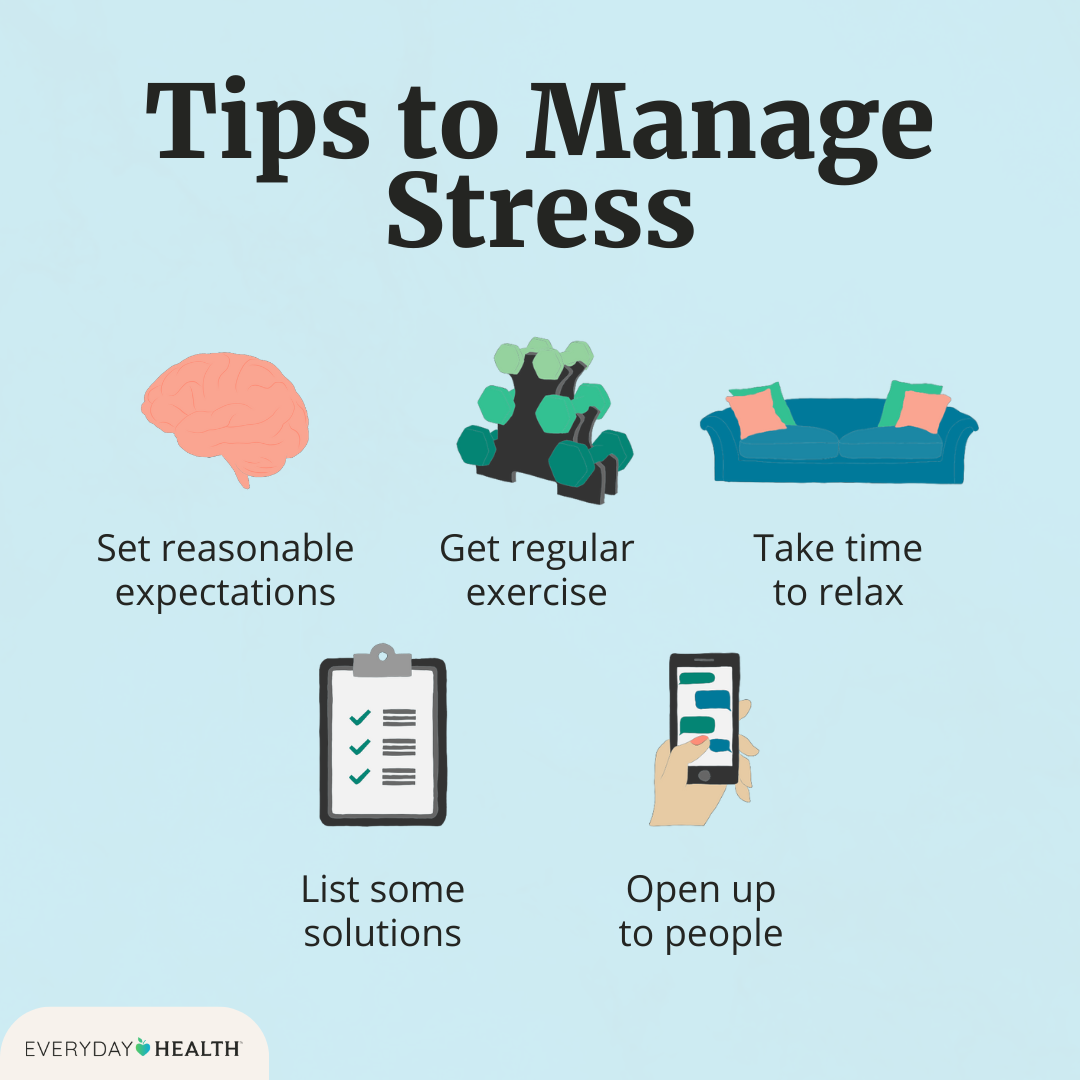Stress is an inescapable companion in life’s journey, yet mastering its management is paramount to safeguarding one’s health. Prolonged exposure to stress can precipitate a host of ailments, including cardiovascular complications, mental health disturbances, and diminished immunity. However, by employing deliberate strategies, you can mitigate its impact and enhance your overall vitality.
Grasping the Repercussions of Stress
Stress ignites the body’s primal “fight or flight” mechanism, prompting a surge of hormones such as cortisol and adrenaline. While advantageous for immediate threats, this state of hyper-alertness becomes detrimental when prolonged. Persisting in this heightened condition can lead to elevated blood pressure, mood disorders, digestive turmoil, and a spectrum of other health challenges.
Mindfulness and Meditation: Cultivating Inner Stillness
Harnessing the art of mindfulness and meditation serves as a formidable antidote to stress. These practices ground you in the present, diminish intrusive thoughts, and foster tranquility. By centering attention on your breath and acknowledging thoughts without attachment, a profound sense of serenity and lucidity emerges. Consistent meditation has been shown to temper stress, sharpen focus, and fortify emotional resilience.
The Invigorating Power of Movement
Engaging in physical activity unleashes endorphins—nature’s mood elevators. Whether through an energizing walk, a calming yoga sequence, or a rigorous workout, exercise not only alleviates stress but elevates mood and amplifies vigor. Furthermore, immersing yourself in activities you relish offers a constructive distraction from stressors, coupled with a rewarding sense of achievement.
Breathing Deeply: A Gateway to Relaxation
The simplicity of deep breathing belies its profound effectiveness. Intentional, measured breaths activate the parasympathetic nervous system, counterbalancing stress-induced reactions and inducing relaxation. Techniques such as diaphragmatic breathing, which focuses on expanding the abdomen with each inhalation, can be seamlessly integrated into any moment of duress.
Structuring Time and Establishing Boundaries
Inefficient time allocation can intensify stress, fostering feelings of being overwhelmed. Reclaiming control involves prioritizing responsibilities, segmenting them into manageable actions, and adhering to feasible timelines. Equally crucial is the art of boundary-setting—learning to decline excessive commitments and honoring your limits to stave off burnout. Recognizing when to step back preserves your mental and emotional equilibrium.
By weaving these approaches into your daily routine, you can transform stress from an overpowering force into a manageable aspect of life, paving the way for enduring health and well-being.
